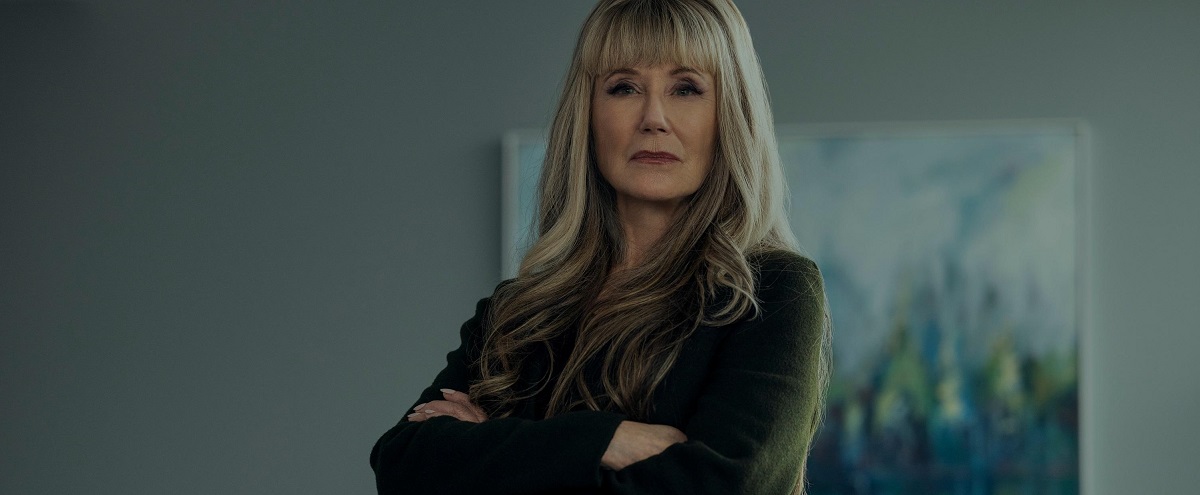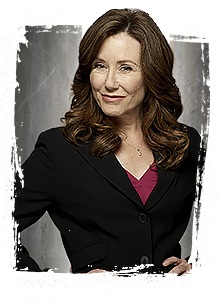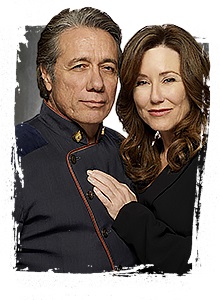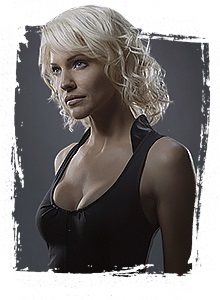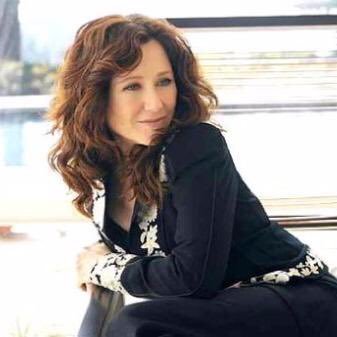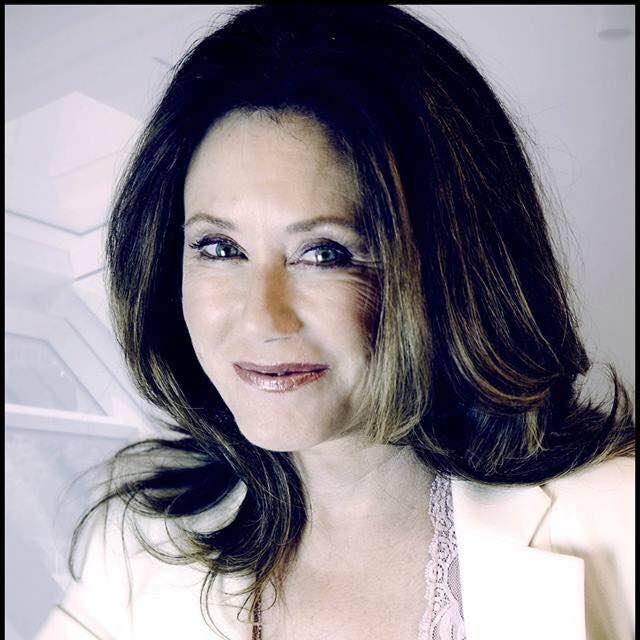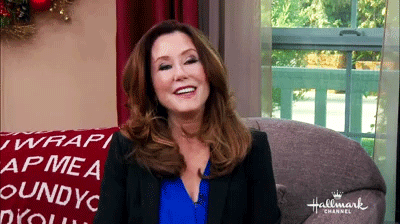
Hero Complex Film Festival: ‘Battlestar Galactica’ tribute hits emotional note
Jevon Phillips
May 31, 2014
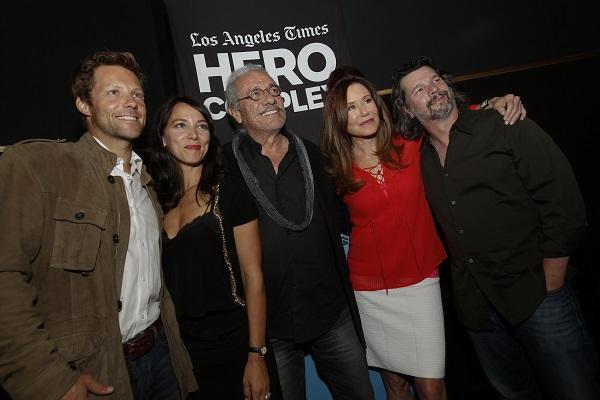
Speaking at the fifth annual Hero Complex Film Festival on Friday, the cast and creator of “Battlestar Galactica” emphasized the emotional connection they still felt to the groundbreaking Sci Fi Channel (now Syfy) show that went off the air in 2009.
“As far as I’m concerned, this is an experience that will never be repeated, and I’m very grateful that I had it once in my life,” said Edward James Olmos, who played the series stalwart father figure Commander William Adama. “It held up really well. It held up just as well as ‘Blade Runner’ did. This thing will hold up better 20 years from today than it does today. It’ll speak louder and clearer to the humanity that it represents.”
Olmos joined show creator Ronald D. Moore, actress Mary McDonnell, who played president Laura Roslin, and Jamie Bamber, who played Lee “Apollo” Adama, for an in-depth Q&A at the event, which also featured a free screening of the 2003 “Battlestar Galactica” miniseries. The three-hour special rebooted the late-1970s franchise and provided the foundation for the acclaimed 2004-09 program that chronicled the efforts of a band of survivors to find a new home planet after a devastating attack by a race of beings called Cylons nearly eradicated humanity.
Acknowledging the series’ political edge, McDonnell pointed out that filming began not long after the 9/11 attacks, and she said that affected the atmosphere on set.
“When we went in to shoot our first scene, there were acres of dead people with flags on them. So we had a really upsetting identification with reality, and it set us on the right path and was kind of a miracle that we shot that scene first. Everybody was able to give it up; we didn’t have to work,” said McDonnell.
Moore, who went back to watch the original pilot before taking on the job, was cognizant of the atmosphere in the world at the time, and how the show — “about an apocalyptic attack that destroys the human race” — would be framed through a lens of a post-9/11 world.
“You had an opportunity and responsibility to talk about what we were going through as a culture and what was happening in the world. It was an opportunity to use science fiction as a prism to look at society, to look at our lives, to look at our culture and to ask hard questions — and not really deliver neat answers every week,” said Moore.
But the show also centered on interpersonal relationships, and when the question was asked about the central evolving romance between McDonnell’s Roslin and Olmos’ Adama, it was clear that they had formed a special bond onscreen and off. Knowing looks and answering at the same time, the two spoke about each other using words like “trust” and “understanding.”
Bamber stepped in to provide a different point of view.
“Mary and Eddie created a family on set for all of us, and I’ve never worked with two actors who took it upon themselves to enhance, enable, nurture, be there for and challenge a big broad young cast who were essentially welcomed into their trailers, homes, weekends constantly in Vancouver. They gave us a sort of worth that lifted our confidence and it has transpired some 10 years on, and we’re all still a family thanks largely to these two,” said Bamber.
Olmos brought it home when talking about the difficulty of filming McDonnell’s final scene.
“She walked out …at about three o’clock in the morning, and she literally collapsed. Her son was there, and she collapsed in his arms, sobbing. It was too much to take,” said Olmos. “This is the most explosively beautiful piece of work I’ve ever done in my life. I will never reach that level again.”
